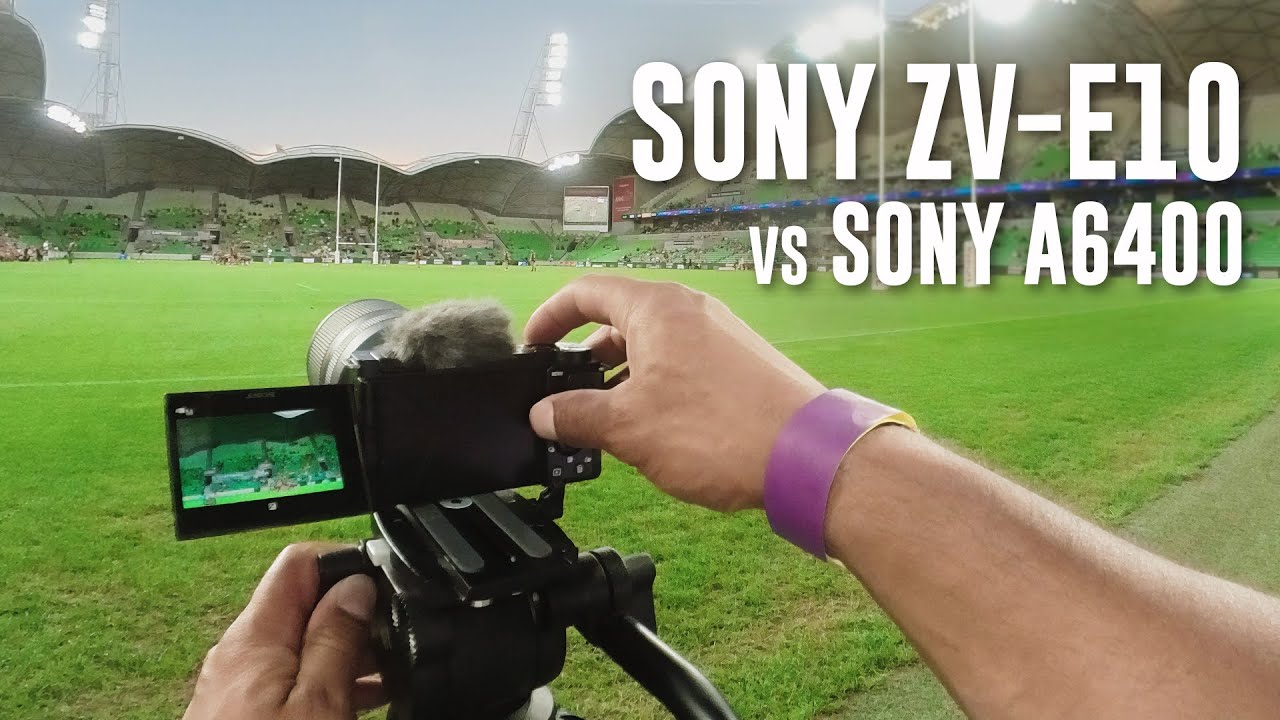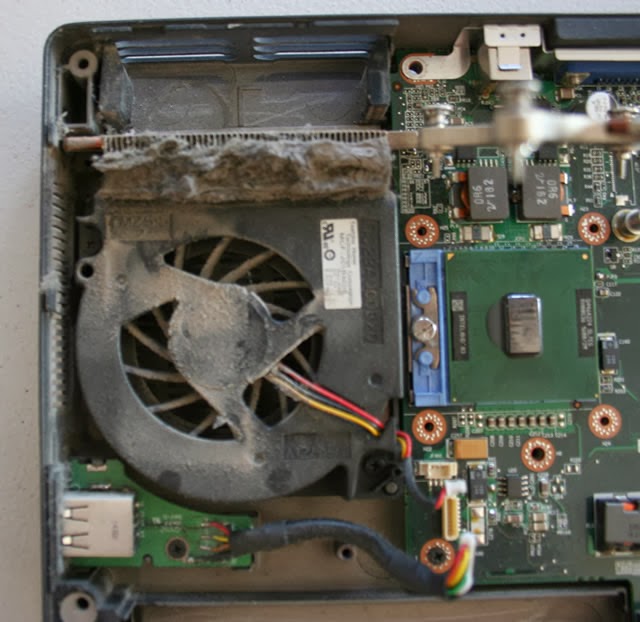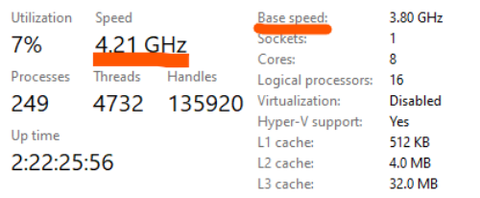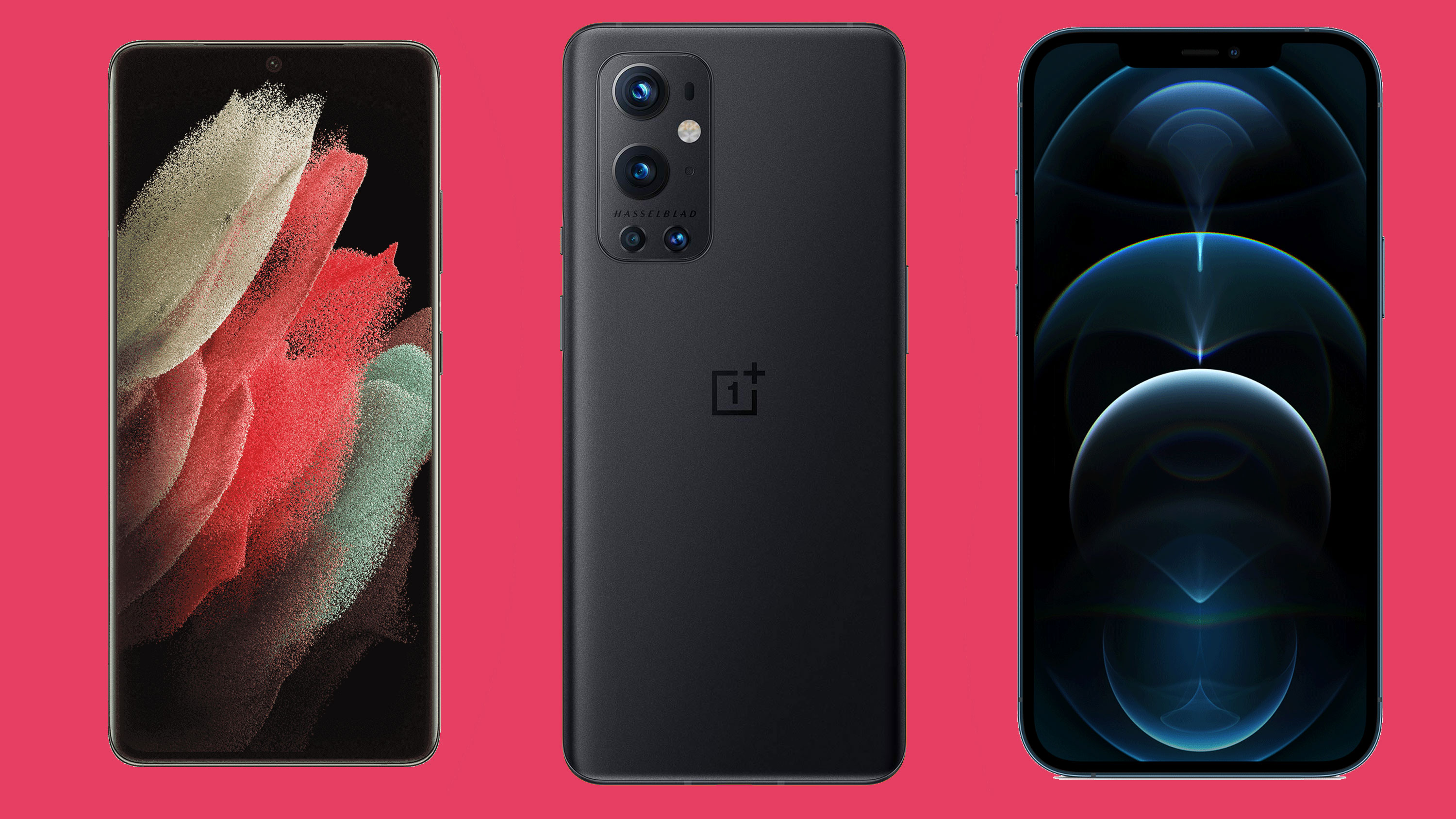Identifying the Top Performing Video Cameras for Sports Recording
Introduction
From capturing the velocity of a pitch to the fleeting blur of a sprint, a quality video camera is crucial to recording sports. While there is a wide spectrum of options available, identifying the best performer can be complex. This article aims to guide you in your journey to find the best video camera for sports recording, discussing what to look for, different types of cameras and the leading models available.
Why is Choosing a Quality Video Camera Important for Sports Recording?
Ensuring quality in sports recording goes beyond merely capturing the actions; it involves creating a lifelife representation of the on-field dynamics. The choice of a high-quality video camera has several implications:
- Detail Accuracy: A top-notch video camera captures each frame in utmost detail, eliminating smudgy or blurred shots. This precision is essential when there's a need to spotlight a critical movement such as scoring a goal or hitting a home run.
- Enhanced Perception: With superior zoom capabilities, high-end cameras offer a closer view at long distances without sacrificing image clarity. This allows you to present an optimally detailed perspective, even from the sidelines.
- Color brightness: Quality video cameras provide better color profiles, making footage much more vibrant, creating a visually appealing video.
- Audio Clarity: High-quality cameras ensure that you don't only capture the action but also the ambient sound, adding a touch of authenticity and excitement to the viewer's experience.
Choosing a quality video camera, therefore, elevates sports recording to a level that viewers can enjoy every part of the action with clarity and detail.
What Essential Features Should You Look for in a Sports Video Camera?
As you embark on the journey to select the ideal sports video camera, understanding key features can help ensure you make an informed decision. Essential features pertaining to Frame Rate and Resolution, Auto-focus and Stabilization, and Weatherproof Design and Durability significantly impact a video camera's utility in sports.
Here, we explore the implications of these features:
The Significance of Frame Rate and Resolution in Sports Cameras
- Frame Rate: An essential consideration as it defines the smoothness of video playback. In sports where every millisecond counts, having a higher frame rate ensures even rapid movements are captured with smooth transitions.
- Resolution: This pertains to the clarity of the video. High definition or 4K resolution cameras aid in capturing finer details. While 1080p and 60fps frame rate is the baseline for good quality sport recordings, a 4K resolution combined with a 120fps frame rate will enhance the viewer's experience, particularly for professional outputs.
The Role of Auto-focus and Stabilization in Sports Recording
- Auto-focus: Sports are fast-paced where the subject's speed can change rapidly. An efficient auto-focus camera system can help keep subjects in sharp focus, promoting the capture of detailed sequences.
- Stabilization: Given the dynamic action in sports, the camera must compensate for quick, sudden movements to ensure smooth recording. Opting for a camera with superior stabilization technology can alleviate shaking effects and provide consistent image quality, even during rapid pans or sudden jerks.
The Relevance of Weatherproof Design and Durability in Sports Cameras
- Weatherproof Design: Sports events often expose cameras to varying weather conditions. Your sports camera should ideally be weather-sealed to endure rain, snow, and dust.
- Durability: Sports environments are often rough. The camera gear is prone to accidental shocks or drops. Thus, durability is a key factor to consider, ensuring that your equipment can withstand these adverse conditions.
Understanding how these features affect the quality of sports video recording can help you select the camera with the optimal balance of affordability, usability, and sophistication.
Which Types of Cameras are Best for Sports Filming and Why?
Different types of cameras offer diverse features and attributes, making some more apt for sports filming than others. Let’s explore why certain cameras are preferred for capturing dynamic sports footage:
1. DSLR Cameras:
- Pro: DSLR (Digital Single-Lens Reflex) cameras are renowned for their excellent image quality, large sensors, and exceptional low-light performance.
- Con: These cameras can sometimes be bulky and aren’t ideal for super-fast action due to their slower frame rates.
2. Mirrorless Cameras:
- Pro: These are gaining popularity due to their large sensors, compact size, and high frame rates, making them perfect for fast-paced sports action.
- Con: The auto-focus system in these cameras may not match the efficiency of DSLRs in some models.
3. Camcorders:
- Pro: Designed for video-specific use, they offer long zoom lenses, good stabilization, and user-friendly controls.
- Con: Camcorders generally possess smaller sensors resulting in lower quality in low-light conditions.
4. Action Cameras:

- Pro: Compact and durable, action cameras such as GoPros can be mounted on athletes themselves to capture some unique perspectives.
- Con: These cameras sometimes lack in image quality and versatility compared to other camera types.
Relevant Statistics: According to a survey by Statista in 2021, DSLRs accounted for 40% of digital camera sales, reflecting their popularity. Meanwhile, the mirrorless camera market is anticipated to grow by 16.4% between 2020 and 2025 as reported by Mordor Intelligence.
Choosing the best camera for sports filming depends heavily on the specific requirements of the sport, the filming environment, and the preferences of the videographer. While DSLRs may offer excellent image quality, mirrorless cameras bring compactness and speed, camcorders maintain a balance of ease, and action cameras bring durability and diverse angles to the game. Balancing these pros and cons to find your pick will help you capture that crucial goal or riveting rally with precision and clarity.
Which Specific Video Camera Models Stand Out for Sports Recording?
If you're thinking "which video camera models are best for sports recording?" you're in the right place. After considering crucial factors like frame rate, resolution, auto-focus, stabilization, and weatherproofing, we've identified some top-performing models. Let's delve deeper and explore:
- Sony Alpha a6400:
- *Pros*: It offers an excellent tracking auto-focus system, 4K resolution, and a high-quality 24 MP APS-C sensor.
- *Cons*: A lack of in-body stabilization is a drawback, but using a gimbal can mitigate this.
- GoPro HERO9 Black:
- *Pros*: It is renowned for its durability and portability. It shoots in 5K, has excellent stabilization, and is waterproof for all-weather filming.
- *Cons*: Despite its wide dynamic range, it lacks the depth of field and versatility a traditional video camera offers. Also, its audio quality isn't top-tier.
- Panasonic HC-V770 HD Camcorder:
- *Pros*: It features 20X Optical Zoom, wireless twin-camera function, HDR movie feature, and Wi-Fi mobile features for live streaming.
- *Cons*: While it does record in Full HD, it does not support 4K recording.
- Canon EOS-1D X Mark III DSLR Camera:
- *Pros*: A stronghold in the field of sports photography and videography, it offers 4K60p video, superb auto-focus, and outstanding low light performance.
- *Cons*: It's heavy and expensive compared to other options.
- Sony FX3 Full-Frame Camera:
- *Pros*: This professional-grade sports camera includes 4K 120p video, a full-frame sensor for excellent low light performance, and in-body stabilization.
- *Cons*: It's a premium option with a higher price tag and might be an overkill for casual or amateur filmmakers.
Taking a step back, no video camera assigns one perfect fit for every application in sports recording. The type of sports, budget, desired video resolution, requirement for weather sealing or high-speed auto-focus, significantly influence the appropriate choice for a sports recording camera. Each model listed above has its unique strengths making them well-suited to different facets of sports recording. The key to selecting the perfect one lies in aligning the camera's strengths with your filming objectives.
So, whether you're recording a football game under the bright stadium lights or capturing a surfer riding waves under the harsh midday sun, there's a camera ready to hit the mark.
Conclusion
Sports events could take place under different weather conditions. This makes weather-sealing and durability essential attributes of a sports camera. It should withstand humid, dusty, rainy, or snowy environments. Moreover, the camera needs to be sturdy to survive inevitable shocks or falls during the action.
Related FAQs about what is a good video camera for recording sports
What makes a good video camera for sports?
A good sports video camera boasts high frame rates for smooth playback, high resolution for detailed capture, efficient autofocus to track the fast-paced action, and excellent stabilization for steady recording. Durability and weather sealing are also critical for resistance to tough conditions.
Are DSLR cameras a good choice for sports recording?
DSLRs can be a solid choice for sports recording thanks to their excellent image quality, large sensors, and remarkable low-light performance. However, their size might be bulky for some, and they may not always provide the fastest frame rates required for capturing rapid action.
How important are resolution and frame rate in sports video cameras?
Resolution and frame rate are crucial in sports cameras. High resolution ensures clear, detailed imagery, while a high frame rate captures clean, smooth sequences of fast movements. Together, they greatly enhance the viewer's experience, especially in action-packed sports events.







